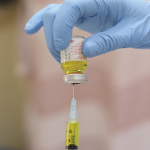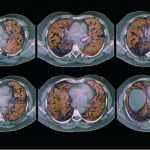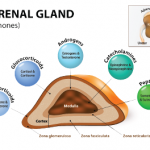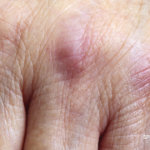CHICAGO—The correct dosing of hydroxychloroquine (HCQ) for systemic lupus erythematosus (SLE) is a concern of all rheumatologists. Petros Efthimiou, MD, clinical professor of medicine at New York University, New York City, opened the Great Debate of the 2018 ACR/ARHP Annual Meeting by stating, “Today, we will be discussing a critical clinical problem that affects everyone’s…









